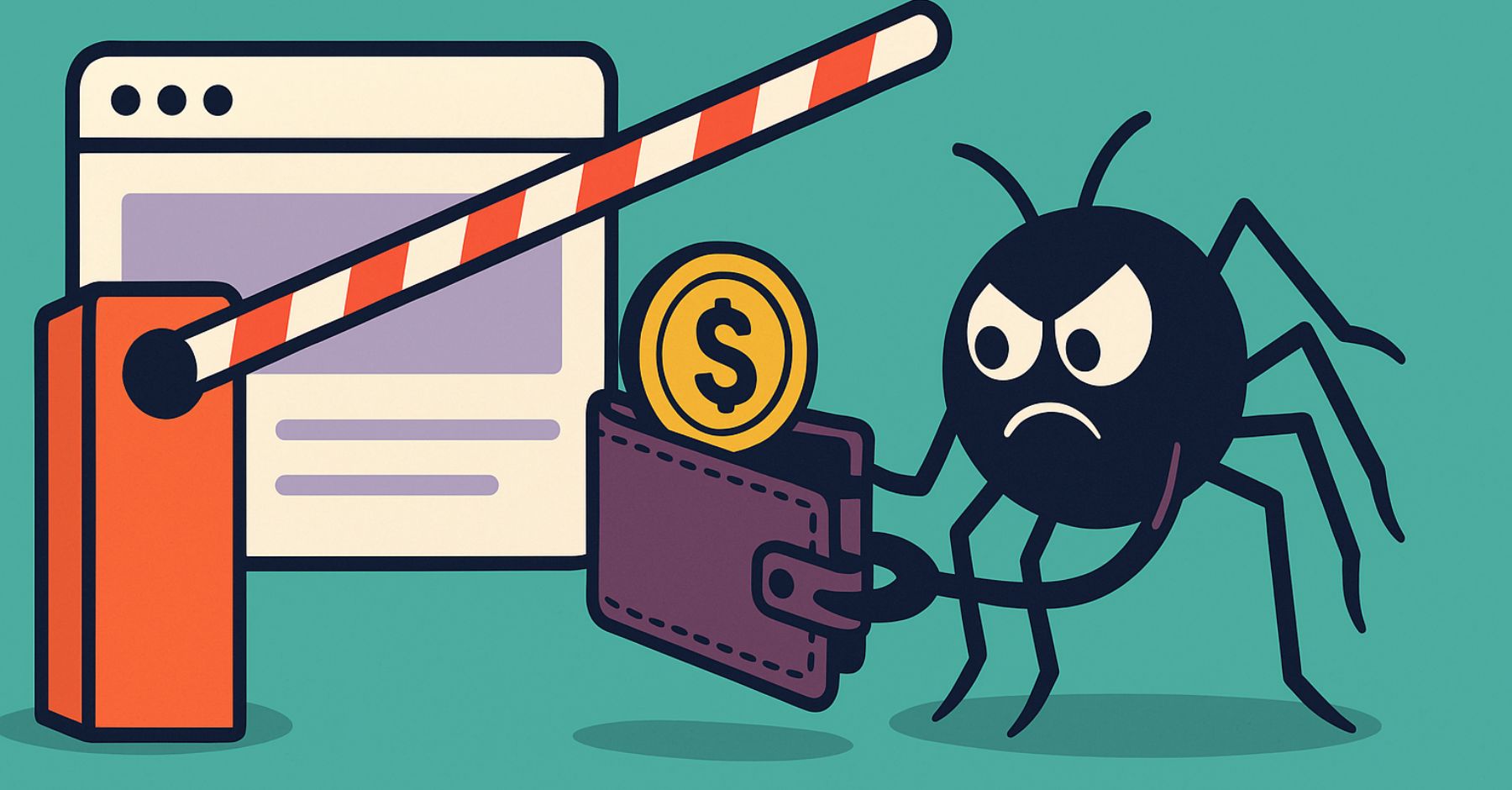Each week we’ll gather headlines and tips to keep you current with how generative AI affects PR and the world at large. If you have ideas on how to improve the newsletter, let us know!
What You Should Know
Penny For (Access to) Your Thoughts
There has been lots of digital ink spilled (including in this newsletter) on the future of content and how to optimize it for inclusion in AI search results. Now the conversation is advancing one step further to monetizing AI tools’ access. Last week, security network Cloudflare introduced an offering that lets creators charge web crawlers each time they scrape a webpage.
Cloudflare’s blog post is a technical explanation of how to execute a “pay per crawl” feature on a website, but there are still more questions than answers about how this might work. Is it more likely that AI companies would build something to circumvent this than pay a toll? How would AI tools determine which pages are worth paying for to begin with? News organizations probably stand to benefit from charging web crawlers more than an individual brand or company, but it’s an interesting look down one potential path of content’s future.
For most brands and companies, it’s less important to charge for access because they just want to invite the web crawlers in so their content can be included as AI-powered search takes hold. According to Semrush, some of the best practices for generative search optimization are to include quotes and statistics, generate fresh content often, and not use JavaScript.
The tension between wanting to be found and wanting to be paid is likely to deepen. For now, most brands are still rolling out the welcome mat for AI crawlers, hoping their content lands in the right responses. But Cloudflare’s move cracks open the door to a different mindset where content creators don’t just optimize for AI, they monetize it. If that idea gains traction, communicators may soon face the same conundrum that has dogged news organizations for decades: feed the algorithm for reach, or create content that’s unique enough to put behind a paywall.
Elsewhere …
- OpenAI and Microsoft Bankroll New AI Training for Teachers
- AI Is Eating Venture Capital, or at Least Its Dollars
- OpenAI Says GPT-5 will Unify Breakthroughs from Different Models
- Anthropic Proposes Transparency Framework for Frontier AI Models
 Shortcuts for instructions
Shortcuts for instructions
What’s happening: Do you find yourself always asking ChatGPT to do the same thing? It should remember whatever is stored in its memory bank, like if you want to use AP style, but sometimes needs a bit of a nudge. You can set up shortcuts with a hashtag to reduce lengthy requests or copy and pasting.
Note: This won’t work in Claude, which doesn’t remember context across multiple conversations outside of preferences set in your profile settings.
How it works: Start a new conversation and begin defining your tags the same way you would for something you want ChatGPT to remember. For example, you could say, “Whenever I use #p3o, I want you to provide three options.”
Try this: If you’re struggling to come up with shortcuts for yourself, ask ChatGPT what it might suggest based on what it knows about you and how you work.
Quote of the Week
“Reading and writing and arithmetic and learning how to use AI. You’re going to have to learn those skills over time, and I do think our education system is the best place to be able to do that.”
— Chris Lehane, Chief Global Affairs Officer at OpenAI, to the New York Times in a story about the future of AI in education
How Was This Newsletter?



